Dive into the world of limites de velocidad en nj as we explore the intricacies of New Jersey’s speed regulations, their enforcement, and their impact on road safety. From numerical limits to special cases, this guide unravels the complexities of staying within the legal boundaries on the Garden State’s roadways.
New Jersey’s speed limits vary depending on the type of road and area, with specific numerical values established for different zones. Understanding the rationale behind these limits is crucial for safe driving practices.
Speed Limits in New Jersey
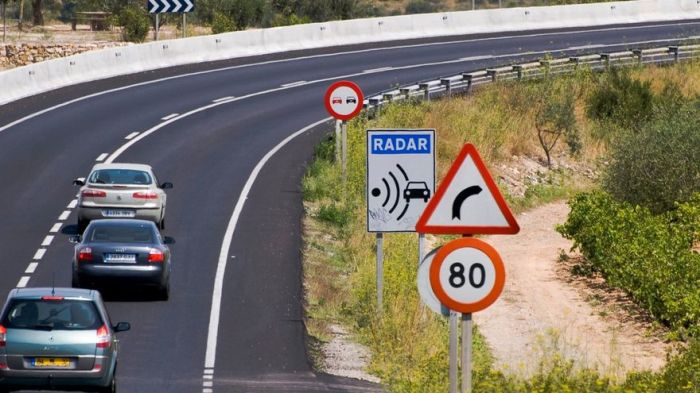
New Jersey has established specific speed limits for different types of roads and areas to ensure the safety of motorists and pedestrians. These limits are determined based on factors such as traffic volume, road conditions, and the presence of pedestrians and cyclists.
The following table provides an overview of speed limits in New Jersey:
| Road Type | Speed Limit (mph) |
|---|---|
| Interstate highways | 65 |
| Other freeways | 55 |
| Primary highways | 50 |
| Secondary highways | 45 |
| Local roads | 25-35 |
| School zones | 20 |
It is important to note that these are general speed limits and may vary in specific locations due to factors such as road construction or safety concerns.
Enforcement
Speed limits in New Jersey are strictly enforced by law enforcement agencies. Motorists who exceed the posted speed limit may be subject to fines, points on their driving record, or even license suspension.
Rationale
The speed limits in New Jersey are designed to balance the need for efficient travel with the safety of motorists and pedestrians. Lower speed limits in residential and school areas are intended to reduce the risk of accidents involving pedestrians and cyclists, while higher speed limits on highways are set to facilitate the flow of traffic.
Enforcement of Speed Limits: Limites De Velocidad En Nj
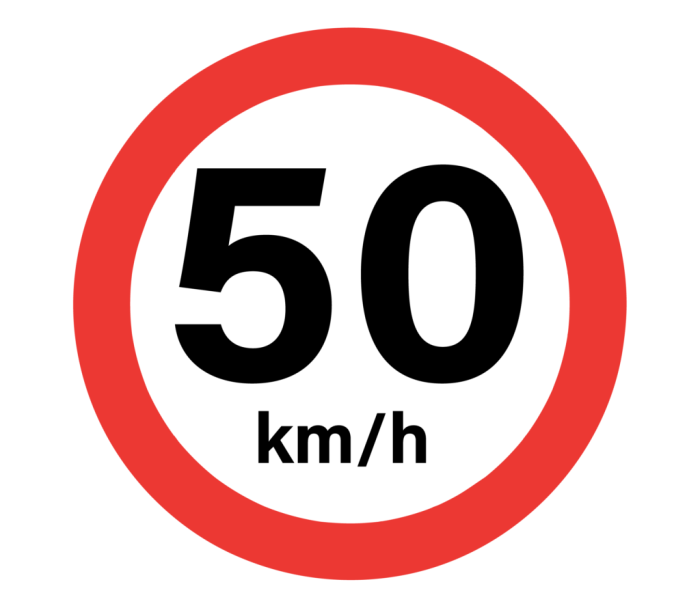
In New Jersey, law enforcement employs various methods to monitor and enforce speed limits. These include the use of radar guns, laser devices, and unmarked patrol vehicles. Officers may also conduct speed traps in areas with a history of speeding violations.
Exceeding the speed limit in New Jersey carries significant consequences. Fines range from $50 to $1,000, depending on the severity of the violation. In addition, drivers may face points on their license, insurance premium increases, and even jail time for repeated offenses.
Specific Enforcement Campaigns
New Jersey law enforcement regularly conducts specific enforcement campaigns to address speeding. These campaigns typically focus on high-traffic areas or times of day when speeding is more prevalent. For example, the “Operation Safe Drive” campaign targets aggressive driving, including speeding, during peak travel times.
Exceptions and Special Cases
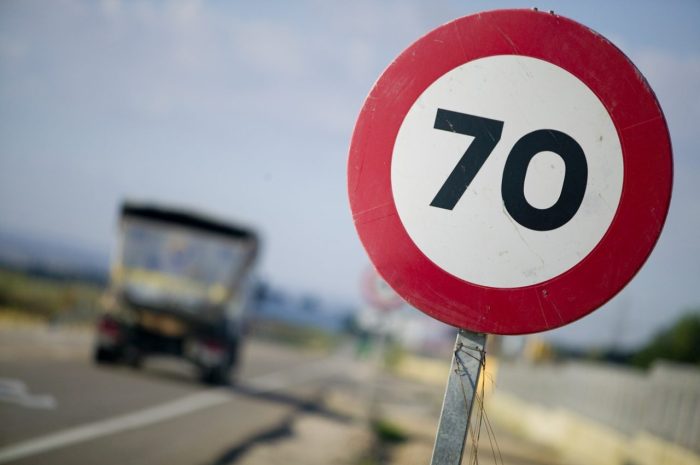
In New Jersey, specific circumstances warrant exceptions to the general speed limits. These exceptions are implemented to prioritize safety and address particular situations.
Construction Zones
Construction zones often necessitate reduced speed limits to ensure the safety of workers and motorists. These temporary limits are typically indicated by orange signs and flashing lights. Adhering to these reduced limits is crucial to prevent accidents and protect construction crews.
School Zones
School zones are designated areas where children are present, necessitating lower speed limits. These zones are typically active during school hours and are marked by yellow signs and flashing lights. Reduced speed limits in school zones aim to enhance children’s safety by giving them more time to cross roads safely.
Emergency Situations
In emergency situations, such as when an ambulance or fire truck is responding to a call, drivers are permitted to exceed the speed limit if they do not pose a danger to others. However, this exception should only be exercised when absolutely necessary and with caution.
Safety Considerations
Speed limits are crucial for maintaining road safety. Exceeding them can lead to severe consequences, including increased risk of accidents, injuries, and fatalities.
According to the National Highway Traffic Safety Administration (NHTSA), speeding was a factor in nearly one-third of all traffic fatalities in the United States in 2020. In New Jersey, speeding was a contributing factor in 14% of fatal crashes in 2021.
Adhering to speed limits helps reduce the likelihood of accidents and their severity. By driving at appropriate speeds, drivers have more time to react to unexpected situations, such as pedestrians or other vehicles. It also reduces the distance traveled during the reaction time, minimizing the impact of a collision.
Technology and Speed Limit Enforcement
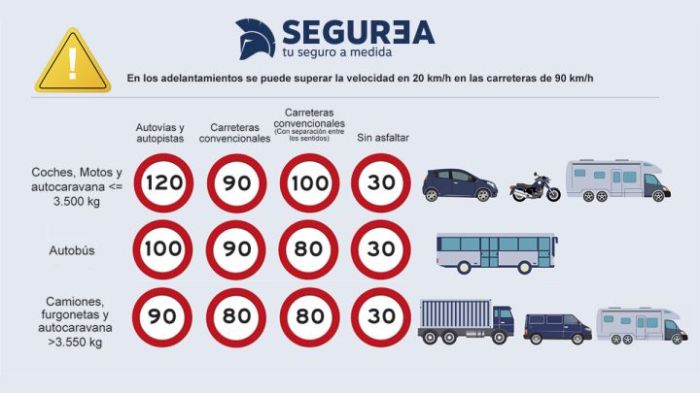
In the pursuit of enhancing road safety and enforcing speed limits, technology has emerged as a significant tool. Speed cameras, radar detectors, and automated systems have become prevalent in monitoring and enforcing speed regulations.
Speed cameras, capturing images of vehicles exceeding the speed limit, provide objective evidence for enforcement. Radar detectors, on the other hand, emit signals to detect the presence of police radar systems, potentially alerting drivers to slow down. Automated systems combine camera and radar technology, enabling real-time detection and enforcement.
Effectiveness and Impact
Studies have demonstrated the effectiveness of these technologies in reducing speeding violations. Speed cameras have been found to decrease average speeds and the frequency of excessive speeding. Radar detectors, while providing a warning to drivers, may also encourage them to slow down out of fear of being caught.
Automated systems, with their ability to monitor multiple lanes simultaneously, have further enhanced enforcement capabilities. By eliminating the need for human intervention, they ensure consistent and impartial enforcement.
Ethical and Privacy Concerns
While technology has proven beneficial for speed limit enforcement, it has also raised ethical and privacy concerns. The use of speed cameras has been criticized for potentially violating privacy rights, as they capture images of drivers and their vehicles.
Additionally, concerns have been raised about the accuracy and reliability of these technologies. In some cases, false positives or errors in detection have occurred, leading to incorrect citations or penalties.
The speed limits in New Jersey can be tricky to remember, but there’s an easy way to keep them straight: just think of part of a joint crossword . That’s right, the speed limit on most highways in New Jersey is 65 miles per hour, which is the same as the number of squares in a crossword puzzle.
To address these concerns, measures have been implemented to ensure proper calibration and maintenance of these systems. Data protection protocols have also been established to protect the privacy of drivers.
Public Awareness and Education
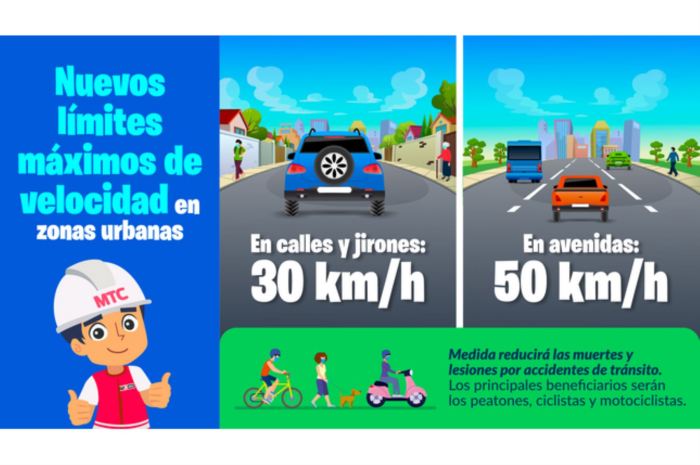
Public awareness campaigns and educational initiatives play a crucial role in promoting adherence to speed limits in New Jersey. These efforts aim to inform drivers about the dangers of speeding and encourage them to adopt safe driving practices.
Law Enforcement
Law enforcement agencies in New Jersey actively engage in public awareness campaigns to educate drivers about speed limits. They conduct educational programs, distribute brochures, and participate in community events to spread the message about the importance of safe driving. Additionally, law enforcement officers enforce speed limits through regular traffic patrols and speed traps to deter speeding and promote compliance.
Schools
Schools in New Jersey incorporate traffic safety education into their curricula. Students learn about the dangers of speeding, the importance of obeying speed limits, and the consequences of reckless driving. These educational programs help instill safe driving habits in young drivers from an early age.
Community Organizations, Limites de velocidad en nj
Community organizations also play a vital role in promoting public awareness about speed limits. They organize community events, distribute educational materials, and advocate for safer roads. These organizations work in collaboration with law enforcement and schools to create a comprehensive approach to educating drivers about the importance of safe driving practices.
Effectiveness and Improvement
Public awareness campaigns and educational initiatives have been effective in raising awareness about the dangers of speeding and promoting safer driving habits. However, there is always room for improvement. To further enhance public awareness, the following measures can be considered:
- Increased collaboration between law enforcement, schools, and community organizations
- Development of innovative educational programs that utilize technology and interactive learning methods
- Targeted campaigns that focus on specific high-risk groups, such as young drivers or drivers with a history of speeding violations
- Continued evaluation and refinement of public awareness efforts based on data and feedback
General Inquiries
What are the general speed limits in New Jersey?
The general speed limit on highways is 65 mph, while on other roads it is typically 50 mph.
What are the consequences of exceeding the speed limit in New Jersey?
Fines for speeding vary depending on the severity of the offense, with potential penalties including license suspension or revocation for excessive speeding.
Are there any exceptions to the speed limits in New Jersey?
Yes, there are exceptions in certain areas such as school zones, construction zones, and emergency situations, where lower speed limits apply.